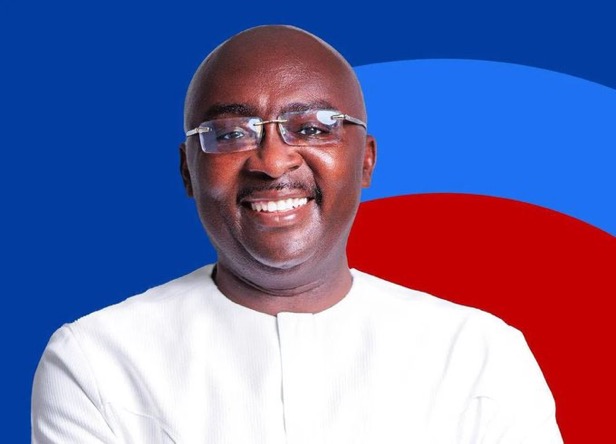Dr Mahamudu Bawumia stated that the digitisation of various sectors has led to significant savings for Ghana, running into millions of cedis. For instance, the Social Security and National Insurance Trust (SSNIT) saved GHC480 million by eliminating 29,000 ghost pensioners, while the National Service Secretariat saved the country over GHC356 million by eliminating 44,000 ghost workers.
The Vice-President made this statement at the launch of the LEADing Justice framework by the Chief Justice in Accra. He was pleased that digitisation is a crucial part of the Chief Justice’s vision, and Ghana has made significant progress through digitisation in a short time.
Bawumia also expressed his enthusiasm for the Chief Justice’s new focus, dynamism, and energy in bringing efficiency, excellence, knowledge, and integrity to the judiciary since assuming office last year.
He highlighted that the growth of Tax Identification Numbers (TIN) is a great example of how digitisation has been beneficial for Ghana. In 2014, only 4% of the adult population had TINs, but with the introduction of the Ghana Card, which serves as the TIN, the percentage has increased to 85%.
Furthermore, he noted that the digitisation of systems has helped in the fight against corruption. Ghost workers were eliminated at the Controller and Accountant General Office by using Ghana Cards because the ghosts don’t have fingerprints.
Bawumia emphasised that the judiciary’s image is dependent on fundamental pillars such as law, ethics, asset management, due process, and digitisation, which are crucial advancements in the judicial system.
The Vice-President also expressed his delight in seeing the positive changes brought about by the e-system after personally launching a case tracking system under the criminal justice sector in 2018.
He called on all Ghanaians to support the Chief Justice’s vision to help the judiciary achieve its goals, mandates, and targets, which would ultimately benefit the country.
Finally, Bawumia promised that the government would continue to invest in court infrastructure, residential accommodation for judges and magistrates, and the re-tooling of human resources in the institution to improve justice delivery beyond the High Courts in Accra.





